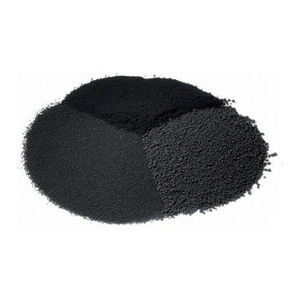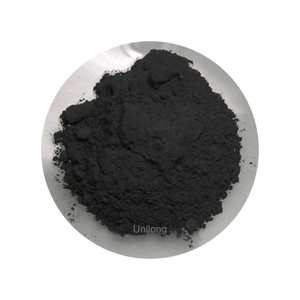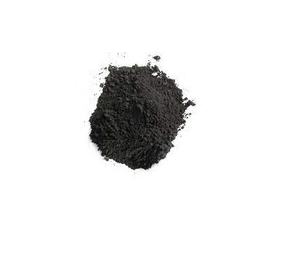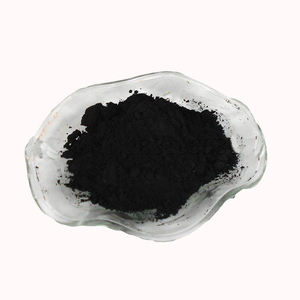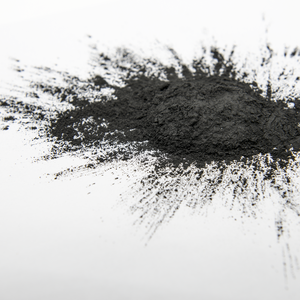Professional graphite material supplier, graphite for EV, grease, furnace and any other industries.
(Why Are Electrodes Made of Graphite?)
why are electrodes made of graphite?
Graphite is a form of carbon that is a good conductor of electricity. It is also a very stable and resistant material that can be used in a wide range of industrial processes, including electrolysis.
The atomic structure of graphite makes it an ideal material for electrodes because it has a large number of delocalized electrons that can be moved freely throughout the carbon layers. This enables the material to conduct electricity more easily than diamond, which requires a high amount of covalent bonding between its atoms.
It is an excellent conductor of heat, as well, allowing it to be used in high temperature reactions without changing its state. Graphite is also cheap to manufacture and is readily available worldwide, making it a popular choice for electrodes.
Man-made Graphite Element Manufacturing in a Plant
Graphite electrodes are manufactured in plants around the world from raw materials such as petroleum coke and highly purified carbon. The material is sourced from different regions and undergoes numerous steps before being made into a product. These include crushing, calcining, grinding, medium crushing, screening, batching, kneading, shaping, roasting and graphitization.
(Why Are Electrodes Made of Graphite?)

